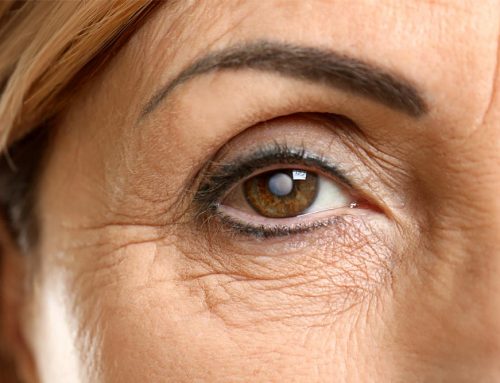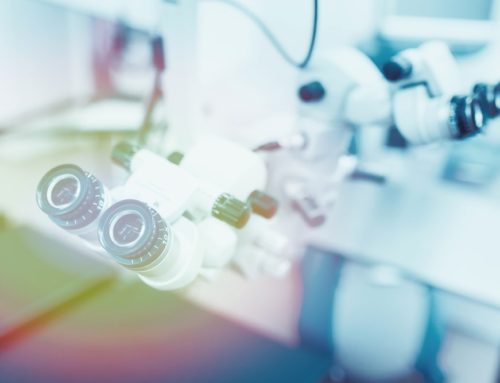Diabetes and cataracts
Diabetes can affect the eye in many ways. It is critical that as soon as you are diagnosed with diabetes, you are entered into the National Diabetic Eye Screening Programme. Once a year you are invited to have photographs taken of the back of your eyes to look for signs of diabetic retinopathy. The pictures are hugely beneficial because you won’t know if your diabetes is causing problems in the retina, at the back of your eye, until it bleeds and you are at risk of losing your vision.
How diabetes can affect cataracts
Cataracts are closely related to diabetes. If your blood sugar is very high, it can cause the lens in your eye to swell and blur your vision. Usually, this swelling settles down as your blood sugar drops upon treatment. Typical ageing causes cataracts to appear in diabetic patients just like the rest of the population. When you have surgery you need to use additional drops after the operation to reduce the risk of fluid accumulating in the retina; something diabetic patients are particularly prone to.
On the day
It’s important to remember that on the day of surgery your blood sugar has to be at an optimal level otherwise the surgery may not happen. Infection inside the eye is one of the worst complications after surgery. Bacteria like sugar to grow and divide, therefore it is not advisable to have the operation on a day when your sugar is not well controlled. If you have diabetes make sure you go for your annual screening photos or contact us for a consultation if it has been a while since someone last examined your eyes. An eye examination will give you peace of mind or facilitate urgent treatment to restore your vision if we find a problem.








Leave A Comment